SO it was a big Saturday afternoon from The Reds.
But not in the way we’d like.
Morning all – let’s get stuck in. We’re on a journey here. This is long. Make a cup of tea.
But first for full disclosure I need to make something clear – The Anfield Wrap had to furlough some of the permanent team last week. It wasn’t easy. It wasn’t pleasant either.
Being honest about it, culturally, The Anfield Wrap very much puts togetherness at the centre of what we do, of what we are about. That’s togetherness with you – the listeners, with our contributors and with each other in the staff.
However, The Anfield Wrap has also become something of an institution and it needs to be protected. For the first time really since the advent of TAW Player in 2015, we had to make a move which was about protection rather than about growth.
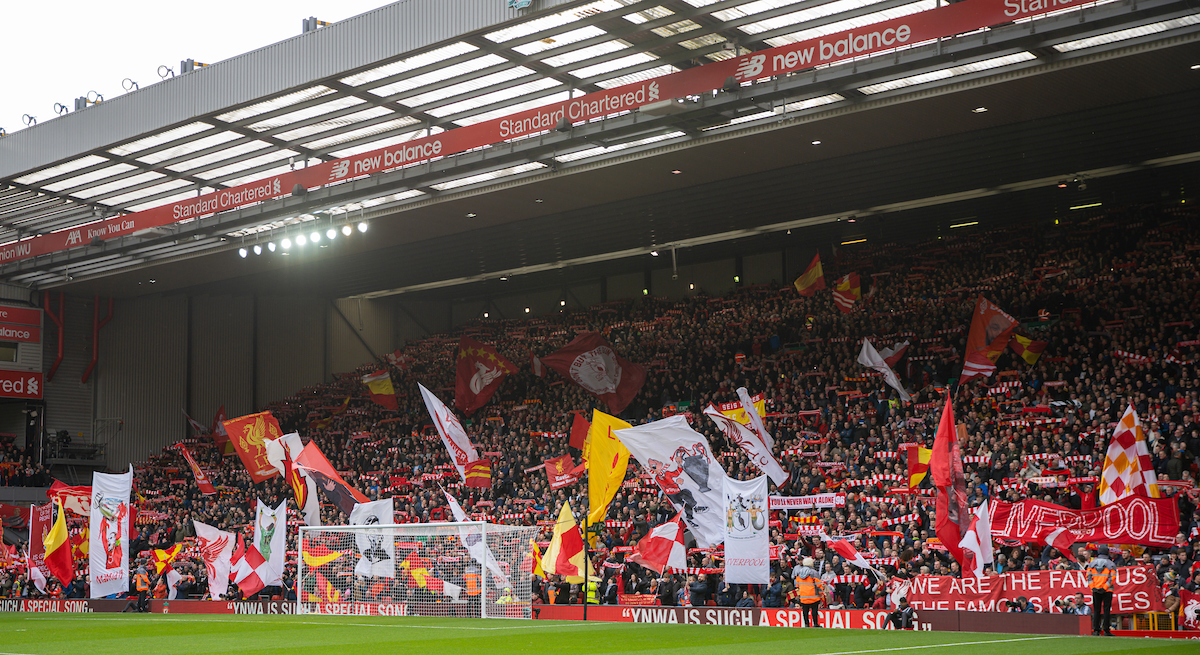
Podcast listener numbers are markedly down. Our subscriber numbers are down too. There isn’t judgement in this – many people have to make decisions around income and what they do with it in deeply uncertain times. Many businesses reached for the redundancy button early; some have simply had to close. The economy is a fragile thing.
So thank you for continuing to subscribe if you have. If you have left us, we can’t wait till you are back. And we will be here, we will be in shape and we will have the full team back when this crisis is averted.
Liverpool have gone out of their way to create their own crisis. They’ve triggered a nerve and have found themselves rightly receiving massive criticism from their own supporters. How have they managed this?
The economy is a fragile thing. Projections are tough. What happens next is hard for a lot of businesses. The Job Retention Scheme that leads to furloughing which the government have put in place is for exactly that.
It – thus far – hasn’t mattered about the size of the business, the type of business, the number of employees or the profit it made last year. The purpose first and foremost is to ensure jobs are retained.
The government (along with the Unions and the Opposition) doesn’t want mass redundancies. The primary aim of the scheme, whether you are McDonald’s, The Anfield Wrap or the corner shop is to protect jobs.
Liverpool Football Club have chosen to use it with a number of their non-playing staff. From a pure business point of view this almost certainly isn’t a daft or unthinkable decision. Cashflow at football clubs is very tight indeed, even huge ones, even profitable ones.
I’ve spent years saying most football clubs don’t turnover as much as an out of town supermarket. Liverpool are one of the biggest – they may turnover as much as nine or 10 out of town supermarkets. But most cashflow comes in blocks and will also be accounted for in blocks.
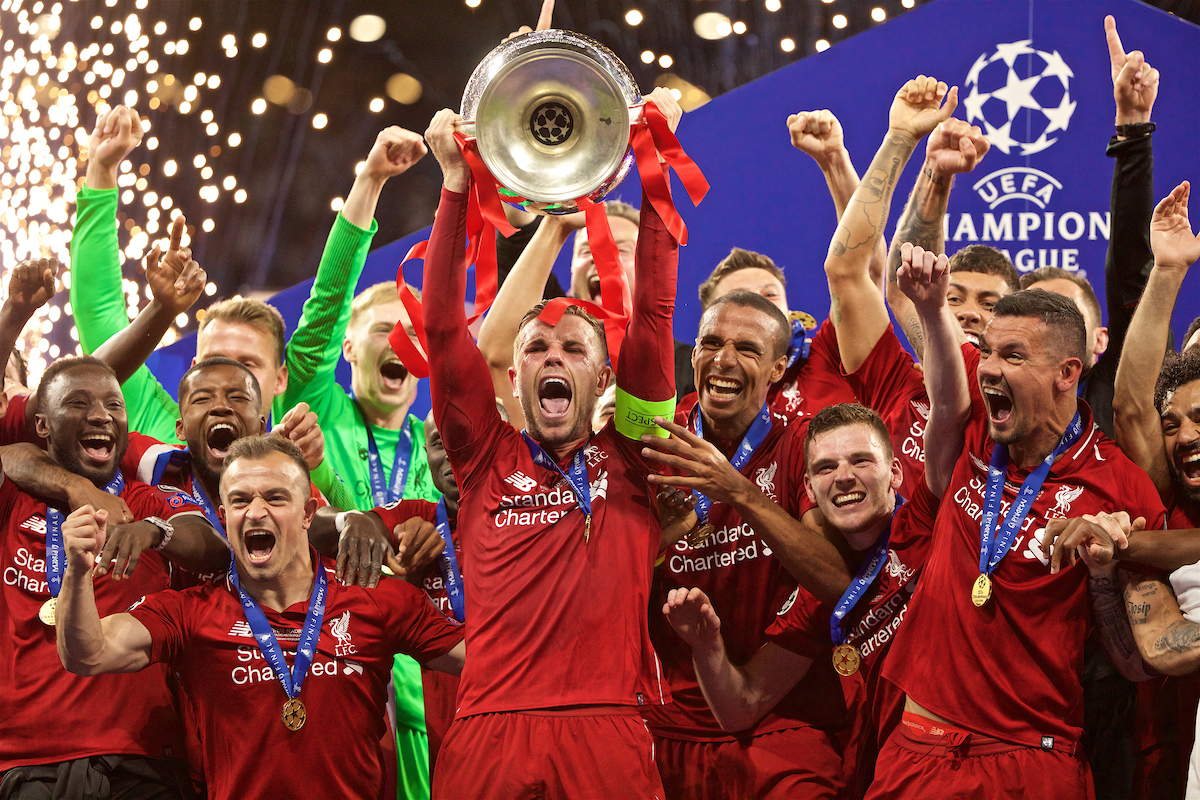
Most football clubs basically have money flowing through them and budget accordingly. The football club rarely holds the money. It goes somewhere.
In short, given the uncertainty under circumstances where the Job Retention Scheme didn’t exist, Liverpool FC may well be giving serious thought to making some staff redundant right now. They haven’t done that. They have instead used the scheme and I would argue, broadly speaking, used it for the purpose the government intended.
The issue is that football isn’t a normal business. It is an exceptional one.
There are many ways in which football is an exception to normal business practice. The most obvious being that it is practically impossible to change who you support. You can change the level of your support but on the whole people don’t start watching Man City if you think they play better stuff.
Football is exceptional because of the amount of money it takes in advance for a product existing. This is what will be most on the minds of football and television people right now. The reason Sky and BT give the money upfront is to see the product on the pitch. They pay early for the entertainment to make it better.
And Liverpool are amongst the most exceptional. This is what they tell us. They have spent a fortune across the last two years to tell us that “This Means More” and in a variety of ways they have not just told us that but showed us that. They have lived that message, that value really rather well.
I would argue that for the first time in Liverpool’s corporate history, they had gone out of their way to demonstrate their exceptionalism and had managed it.
It is here that a perfectly sound business decision becomes a genuinely bad one.
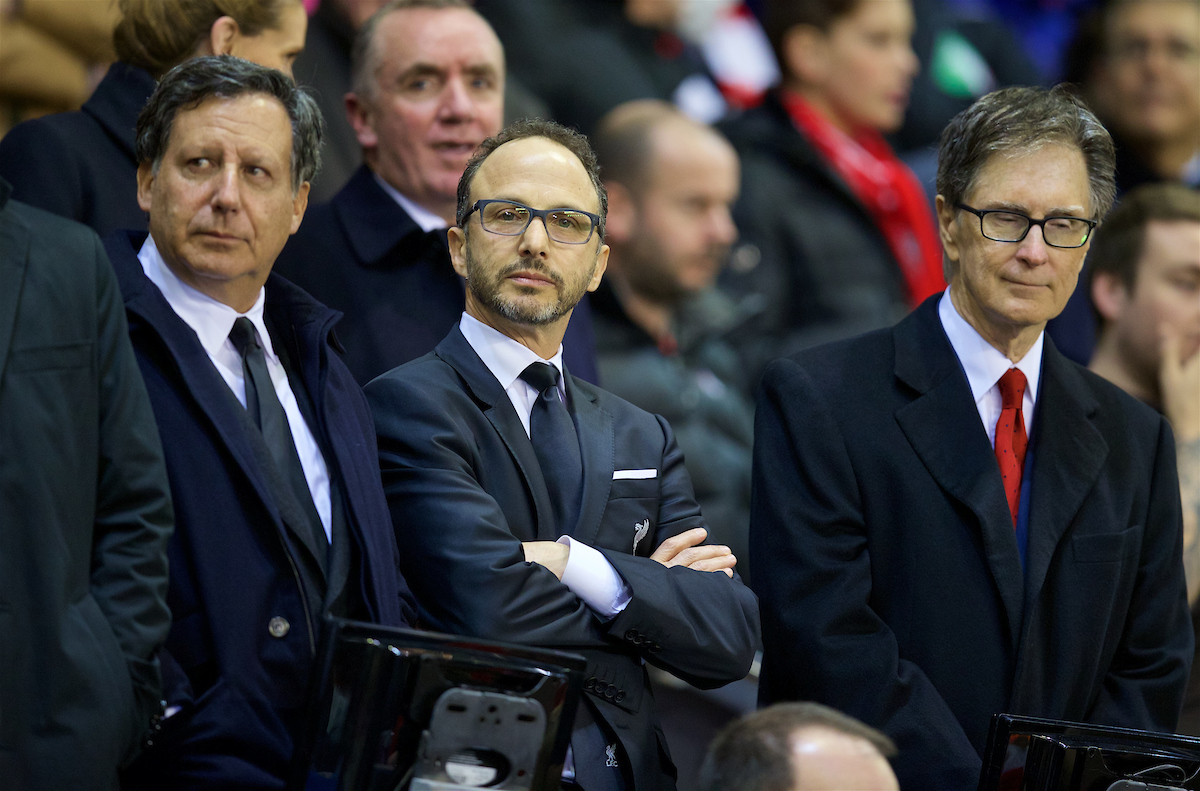
Twenty-First Century fandom is something that should be given further study than it currently is. The concept is why I can genuinely upset a raft of people for being unpleasant about John Lennon or the Marvel Comic Universe on an AFQ.
It shouldn’t matter what this gobshite who chats about all sorts of wham thinks about things you like. But then it happens and for reasons of fandom it does matter. It matters enormously.
Liverpool FC have always occupied a space where support and identity get intertwined. But recently they have gone out of their way to create a space for a certain type of fandom. One which goes beyond simply enjoying the football, one which football supporters, Liverpool supporters especially, have chosen to occupy for years.
But the corporate entity which is Liverpool FC have chosen to move into a value-based space and have chosen to occupy it as something which is crucially important to how people view their own identity and have sold that concept on a worldwide basis. They have invested time and money in this. It has been hugely successful.
And with this (on the face of it) perfectly reasonable decision to take advantage of this government scheme, they have wrecked so much of that work at a stroke and undermined many of those who held to the position that “this means more” prior to the club saying it.
Because to so many of the people who love Liverpool FC and the city of Liverpool it clangs. In the clanging it breaks. In the breakage people are left angry, the forces of anti-fandom strengthened and Liverpool FC have broken a covenant they probably never entirely understood they had made recently.
As ever, being Liverpool is hard. The normal rules don’t apply. They just don’t. Liverpool’s mistake is significant. Liverpool FC have done the wrong thing by virtue of the fact so many Liverpool supporters will perceive it as the wrong thing. Nothing else really applies.
Liverpool have also done the wrong thing because they have done it at the wrong moment.
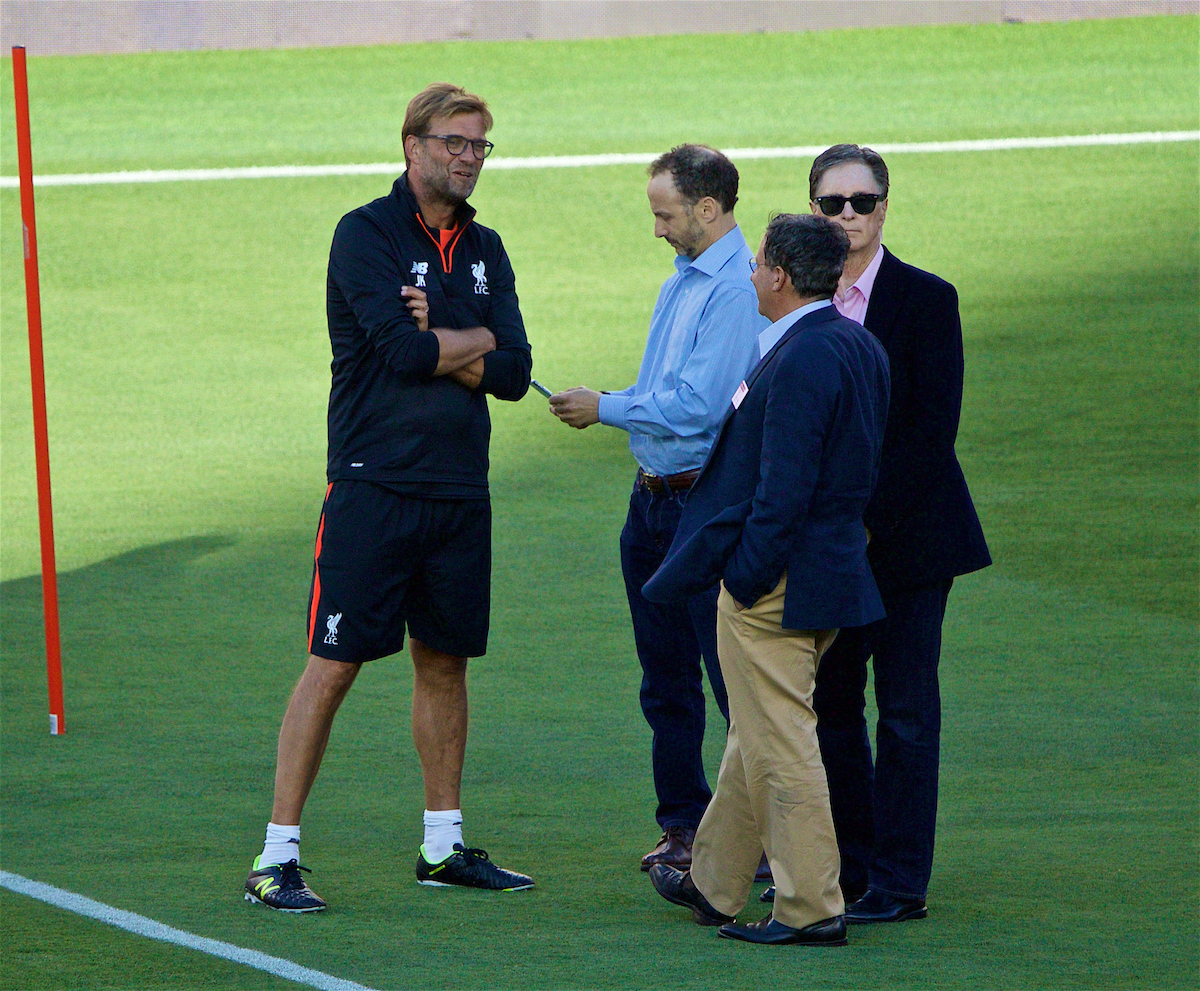
As is so often the case, a right-wing British government and a right-wing press are happy to use football and/or footballers as a scapegoat rather than address their many issues around long-term management of the health service, their dreadful medium-term equipment and mechanical provision for an absolutely predictable pandemic.
I mean, Christ, Jono has been banging on about it for months – and short-term reaction to the likely crisis. For example, Atletico supporters flying in and bouncing around town, licking people’s faces when Madrid was on lockdown.
But as so often happens, this shit sticks. And it has stuck. It has left Premier League footballers – Britain’s most successful cohort of young, multi-national, multi-ethnic working class young men – getting absolute pelters from everyone up to and including the Health Secretary because they are always an easy target.
I am absolutely livid about this. Livid that their own union cannot get its messaging right. Livid that so many people have decided that this is acceptable and joined in. Livid that it is echoed by some people who purport to be actual football supporters. Livid that Matt Hancock is getting away so easily with this.
And I am livid that Liverpool FC have chosen this moment of moments to be part of that background noise. Just give it a week, lads. See where we all are. Everything changes fast these days.
It isn’t easy to be the PFA or be the players here. There are many competing interests and there may well be no one-size-fits-all solution. For instance, before we ask whether in general a 30 per cent pay cut is the right thing, it shouldn’t be across the board.
Many players in League Two are not going to be well paid at all. And 18 or 19-year-olds at Premier League level arguably shouldn’t be put under that pressure – they are one injury on the first day back away from careers falling apart and lifetime plans going under.
What is most interesting is that the players appear to be reluctant to cut their wages because they perceive that as saving club owners money, not paying club staff. They perceive the tax they pay (which as part of Employers NI needs to be in part matched by the clubs) as being important to the Exchequer.
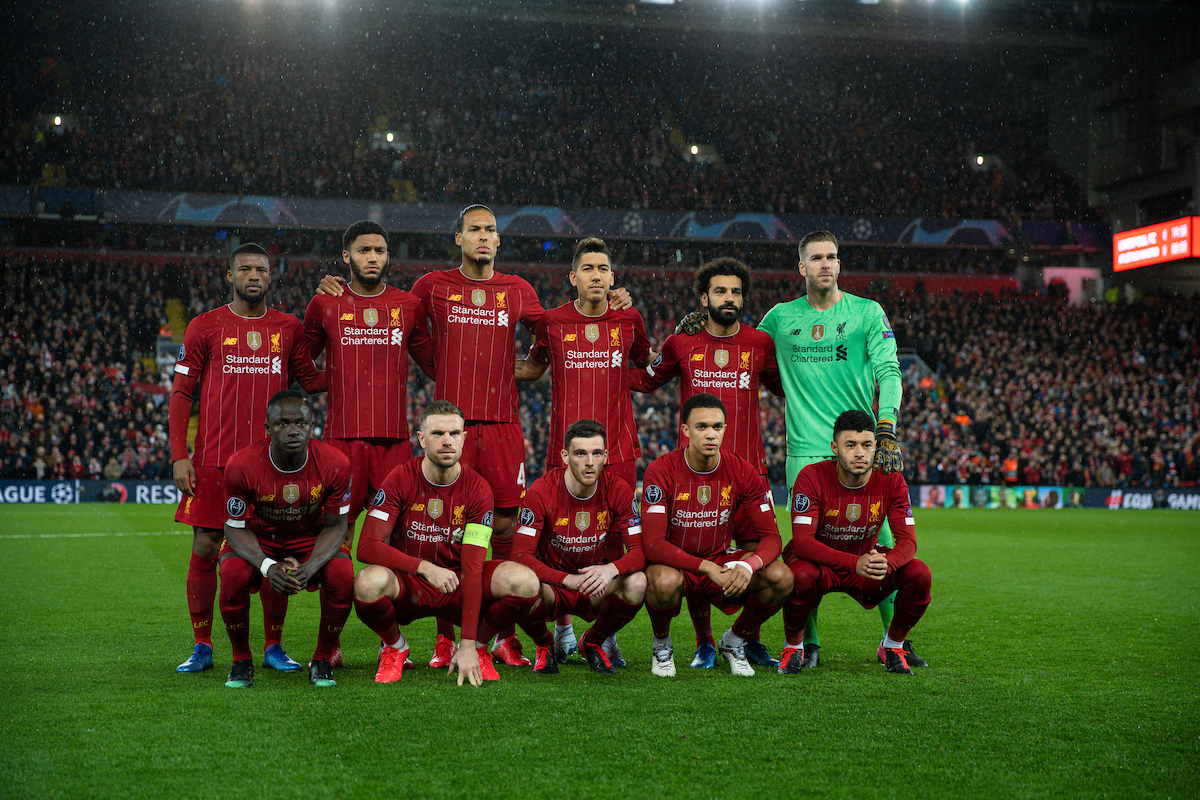
They would like money to go to the NHS, which isn’t how tax works, and to lower league clubs’ players, wherein they need to work with their union which they know instinctively isn’t fit for purpose, because my Lord it hasn’t helped much so far in terms of wider perception.
They are, insofar as people living in the lap of luxury can be, between a rock and a hard place.
And it is here that suddenly the game is under threat because football and footballers will not be let off any hook while it is in the interests of the Conservative Party and their fellow media travellers to look over here rather than over there.
What all of this illustrates is that people – the wider public, football supporters, footballers – don’t trust the vast majority of people who run and own football clubs. They may be right not to.
But very soon football clubs (July 1st by my guess) are going to be in real, real trouble. And they will need help. They will need trust. They will need togetherness.
You need to not wreck it when you don’t have to.

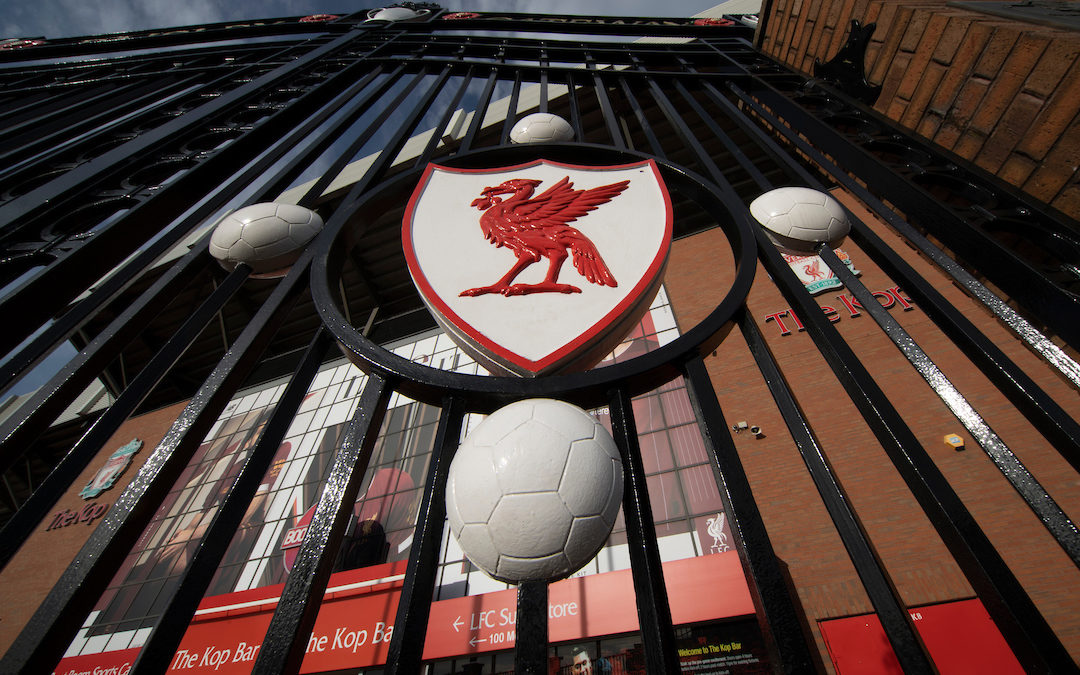










Lots of good points here but to say that “many League 2 players won’t be well paid at all” is not so accurate, although it depends on where you are coming from. Notts County recently offered a player €15k a week, whereas the average wage is a much more modest £40k+pa. Perhaps £40k+ isn’t much to an Anfield Wrap big name but for me and those I know it’s pretty decent. And remember these are generally the least skilled (the worst) at professional level.
I agree with most of what you say here. But when i have read the statement from LFC it states they are paying 100% of the wages. It does not mention the government scheme. To me (and i may by wrong) but the word furlough is an American phrase which means laid off work or time off. But like the way it is at the moment, people jump to conclusions. We need to hear from the person who has made this decision to find out the truth. As to the players, they already donate to various charities (often privately) and also help the local community. This panic has been stoked up by the media (BBC especially). We all need to chill and let it happen.
That comment about it clanging is spot on. It may be a legal decision, but the clanging noise is ringing in my ears, and won’t stop. This feels wrong. I’m annoyed. I genuinely, but maybe naively, thought we were better than this.
i have been a fan for over 40 yrs.this is bad timing.should have waited 2-4 weeks until players had decided on what they were going to do.
i know football is a business but this feels so wrong.
i am knowbody but i would implore liverpool fc to re-consider.
they will still take a big hit but this is the right thing to do.
fans will come back and the money will come back but you will never get the full backing of fans ever if you leave this poor decision to stand.
Lifelong LFC fan,ashamed by this.
Being the League champions no nonger matters.
Thought we were the people’s champions.
Obvioudly not.
I just felt sick to the stomach when I read the statement. We battle hard to stand out and be different from everyone else. I now live in Solihull from Kirkby and I’ve got brummies who love what we stand for and also the club has a special bond with the fans. This is so morally wrong and to be grouped with Ashley and Levy is a PR disaster. We are better than this and should have been the first to say we are paying all our staff but instead we’ve scored a massive og.
“But very soon football clubs (July 1st by my guess) are going to be in real, real trouble”
It’s worth mentioning by that date the furlough wage coverage scheme will be shut under current plans. If any football club sees what is coming and the cash inflow taps are turned off leading to very real issues when it might be too late to ask for help, then isn’t it better to do it now, keep the wolves from the door for a few months and hope by July the picture is a lot clearer?
I know the message was bad, the timing bad and the PR a disaster, but with no deal with players in sight to assist cashflows as things stand I’m still not sure whether this going down this road makes sense or not. I mean, end of the day, staff are getting paid and that’s crucial and maybe the main point here.
Did we make 40m quid profit in June? yes, but that’s not really the point – the key point is what funds are available now. My guess is most footy clubs run reserves down, in any normal season, with the expectation of nice refill in July. Had the virus struck in August then I’d expect or want a very different outcome here, but the timing is poor for any sport that runs a business and sporting calendar like football clubs do.
This whole thing is a mess and I think this period of time will be remembered for a very long time, and not for any good reasons.
Embarrassing
I am really sad now and feel like YNWA won’t mean anything anymore and don’t think things will ever be the same anymore and am wondering what Jürgen thinks about it cos all other fans are not going to let us forget it
Furloughing LFC staff felt like a very swift misjudged decision but like a Neil says the scheme is not there just for small businesses. Look at the names of the companies who have used it.
Fair play to FSG for taking on board the criticism. Maybe for smaller clubs like Bournemouth furlough will be a critical lifeline to avoid redundancies so once size may not fit all.
Will we now see other businesses, particularly outside football, put in the furlough spotlight? There’s so much hypocrisy and double standards in the current criticism of football. The Daily Torygraph (who Carra writes for for some reason) criticised LFC. Fair enough, the Liverpool supporters were leading the way in challenging FSG anyway. But the Telegraph is owned by off shore resident tax dodgers so all smacks of double standards. It’s the same the world over.
Football and footballers can be proud of the work they do in the community.When we get to the end of all this, let’s see the bankers, the tech companies, the supermarkets, the Ashley’s, the sheiks etc putting their hands in their very deep pockets and walking the wards with the footballers to see what they can do to help get the country back on its feet.
Is this a case of a perceived Liverpool own goal being reversed by the VAR of public opinion. Well done for reversing the decision
That’s taken the gloss off this season for me. Appalling self serving scumbags.
Football in the gutter with this virus. With behaviour from pros and refusing wage cuts and not shitting on low paid staff to axrounga off the government